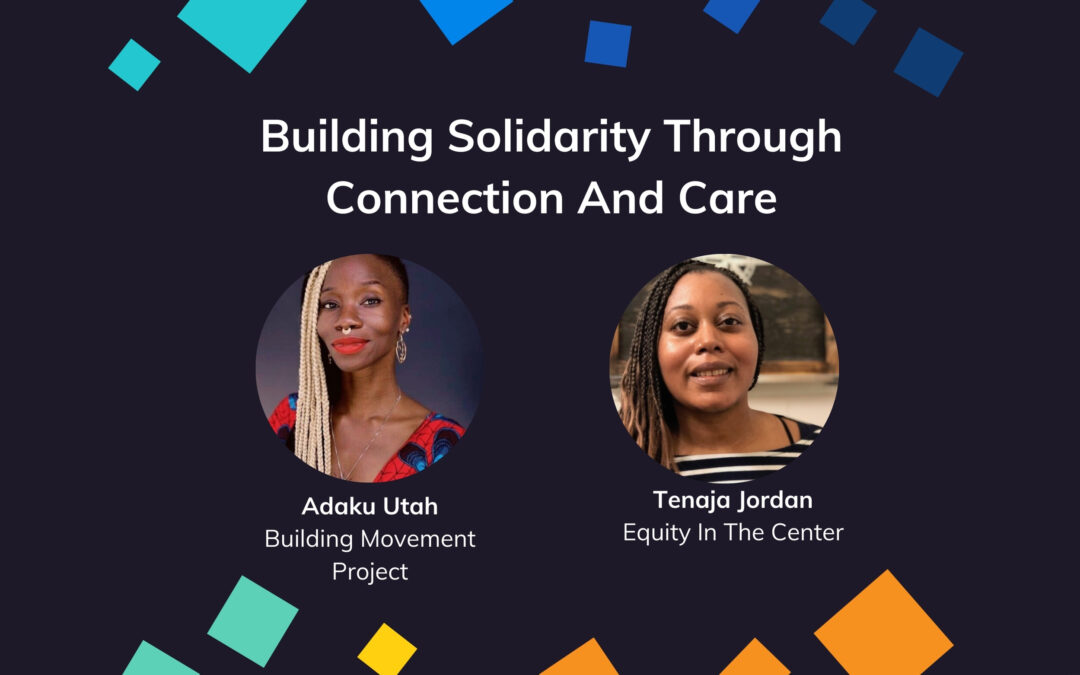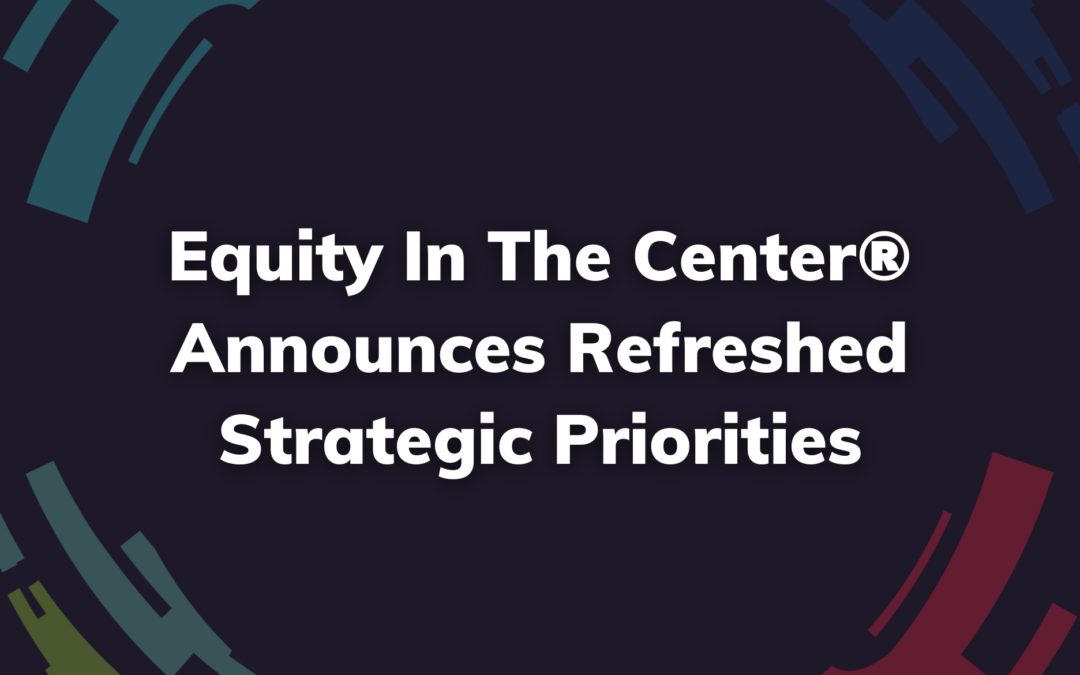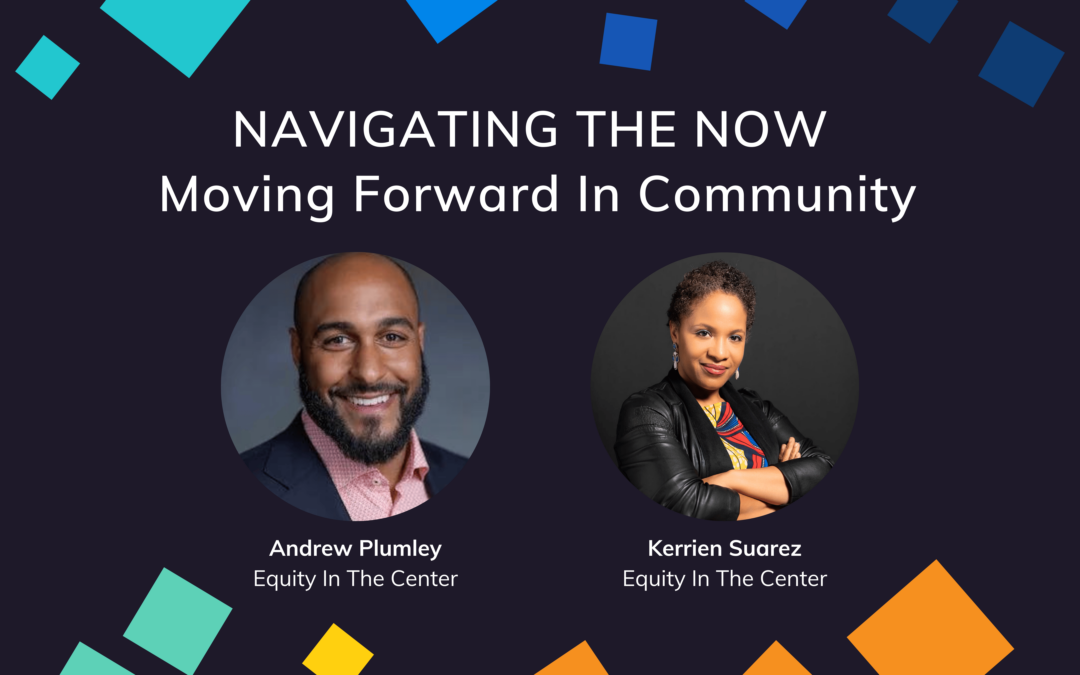
On July 21, 2024, President Biden released a statement saying he would suspend his presidential campaign and endorsed Vice President Kamala Harris as the Democratic nominee for president. It took conservative pundits and media little time to relentlessly attack Harris on the basis of her race and gender, labeling her a “DEI hire.”
The attacks are rooted in a history of sexist and racist attacks on Harris dating back to her campaign for the presidency in 2019. And, the foundation for these attacks lies in the structural and systemic racism, and the deep-seated patriarchy, that are endemic to our nation’s history.
Pushback on DEI initiatives
The targeted attacks on Harris come on the heels of significant pushback against “DEI” as demonstrated by the 85 anti-DEI bills targeting college programs that have been introduced in 28 states and in Congress since 2023. Of these, fourteen have been signed into law in states including Florida and Texas. And, the pushback against so-called “DEI” initiatives is rooted in resistance to the Civil Rights Act of 1964, which made it illegal to discriminate against individuals based on identity – including race, sex and national origin – for voting registration requirements. The Act also banned segregation in public places such as libraries and public schools.
Developing a Shared Vocabulary
When we support leaders and organizations in building a Race Equity Culture™, a common first step/recommendation is to develop shared vocabulary for race equity work. It is impossible to converse about something if we do not even have consensus on what terms being used mean. So, let’s define what “DEI” is before addressing the attacks on Vice President Harris.
- Diversity is about representation and the various characteristics/identity markers that make individuals in a group different from one another
- Equity emphasizes the role of structural factors that benefit certain groups/communities and harm others and strives to treat everyone fairly/justly
- Inclusion is about bringing traditionally excluded individuals/groups in meaningful ways into decisions, policies, processes etc.
Each of these strategies has very different approaches and implications for race equity work. Diversity is limited because it is silent on the subject of equity. In an anti-oppression context, therefore, the issue is not diversity, but rather equity.
Often, when people talk about diversity, they are thinking only of the “non-dominant” groups.” This focus on ‘non-dominant’ groups is precisely where the “DEI hire” attacks on Harris find their roots: women and BIPOC remain categorized as such, and become targets for identity-based dismissal, because the systems of race and patriarchy continue to position us as ‘other.’
Placing Equity In The Center
Equity In The Center was named with a great deal of intentionality [2]. First, ‘equity’ lands in the middle of the phrase ‘DEI,’ but equity is usually neither a goal nor outcome of most DEI work; second, we know that diversity is limited in that it frequently stops at representation and doesn’t look at the structural barriers to equity; third, centering equity in our nonprofit and philanthropic spaces is a crucial step on the path to broader justice and liberation, and as such, it is a central value for EIC.
Want to Learn More?
Check out our inaugural LinkedIn Live event hosted on August 1, 2024 by our President and CEO, Kerrien Suarez, where she discussed the evolution of the term ‘DEI’ and the necessity of centering equity as a moral and practical strategy to counter patriarchy and structural racism. Kerrien was joined by EIC co-founders Ericka Hines and Andrew Plumley.
[1] All definitions adapted from: https://www.racialequitytools.org/glossary
[2] The name ‘Equity In The Center’ originated with a member of the Talent Pipelines Learning Lab where EIC emerged



